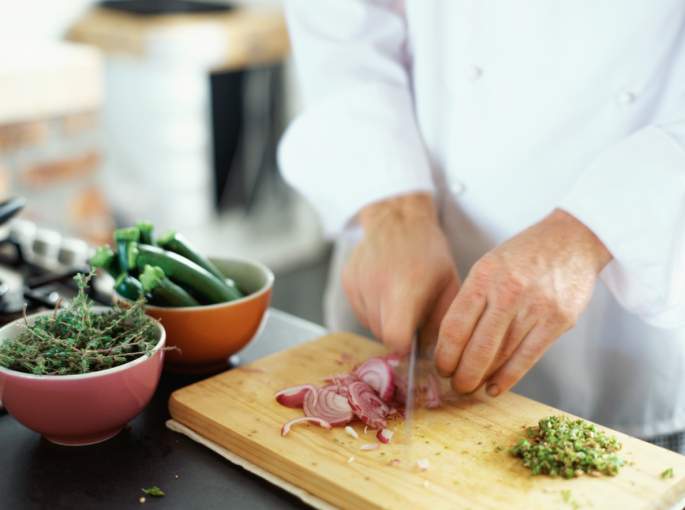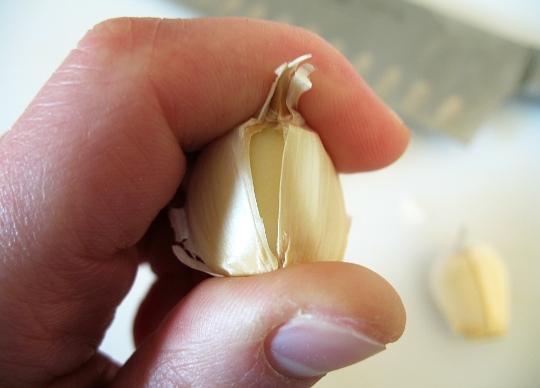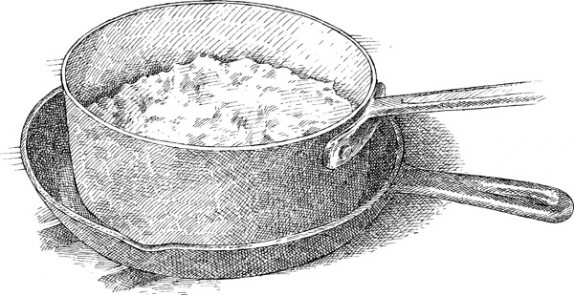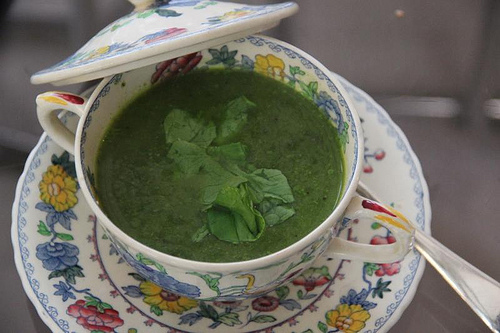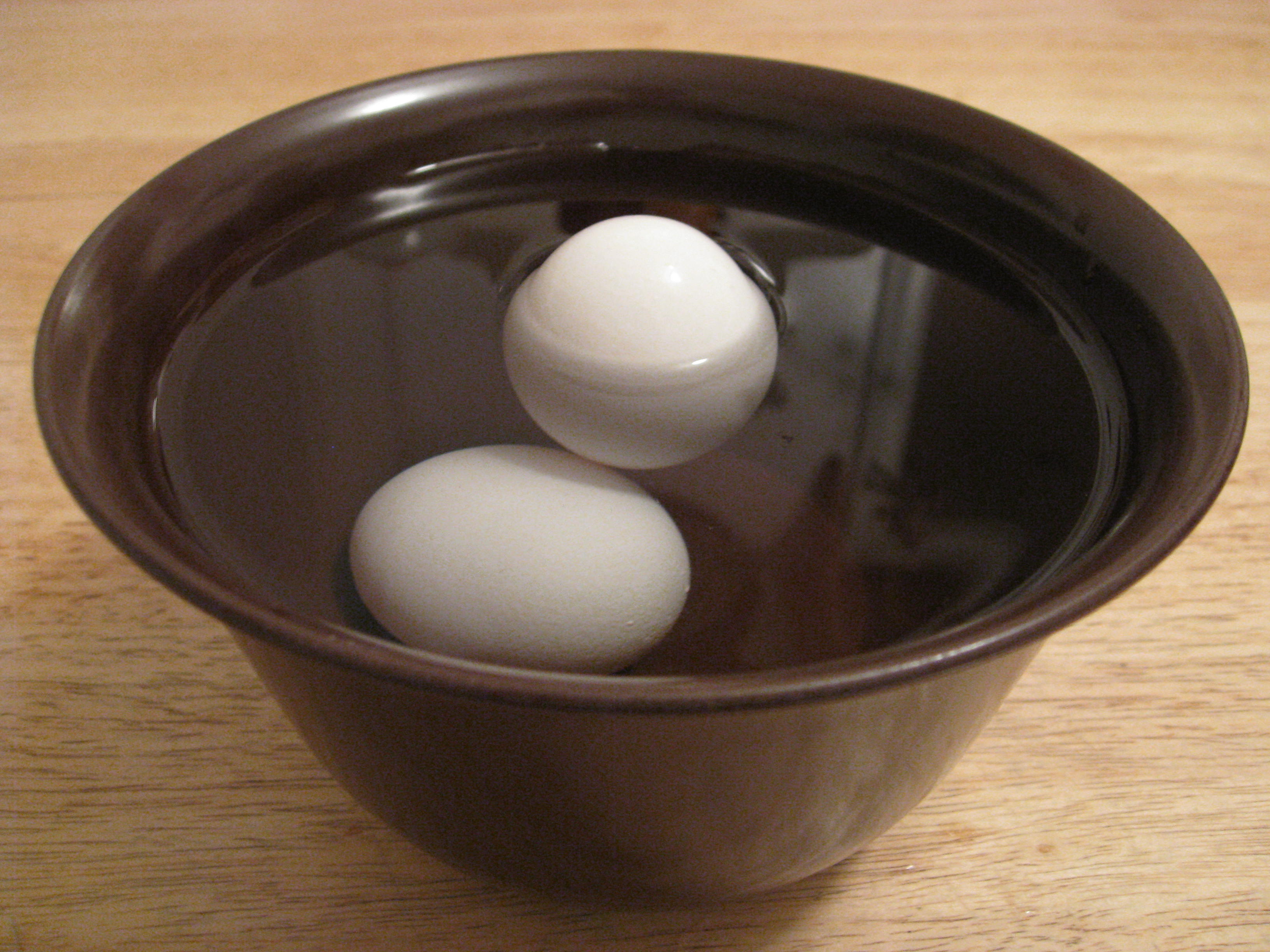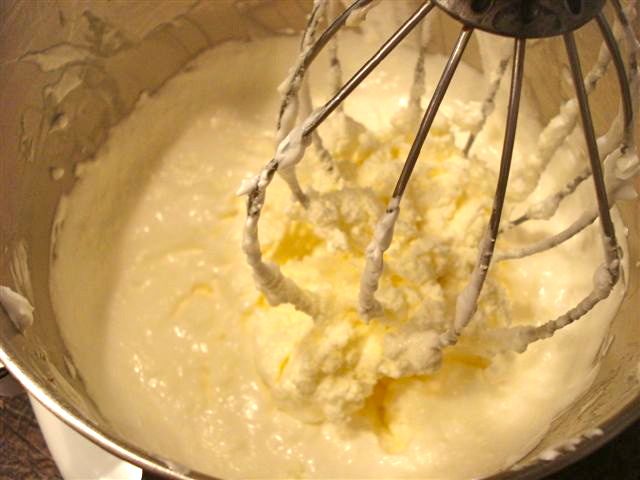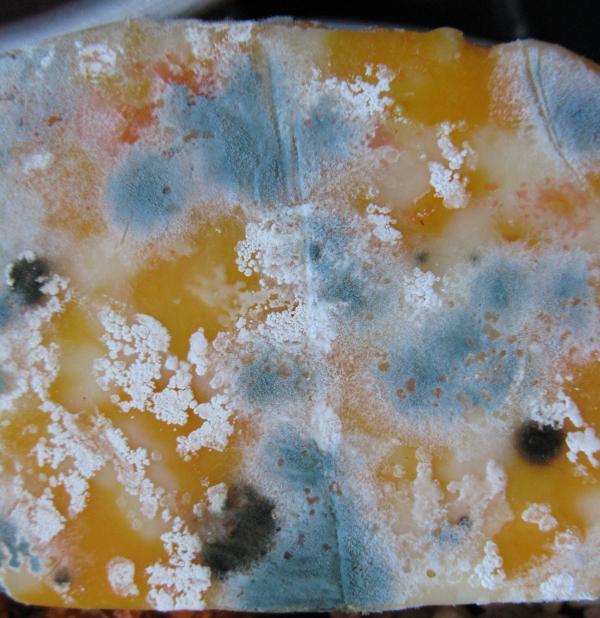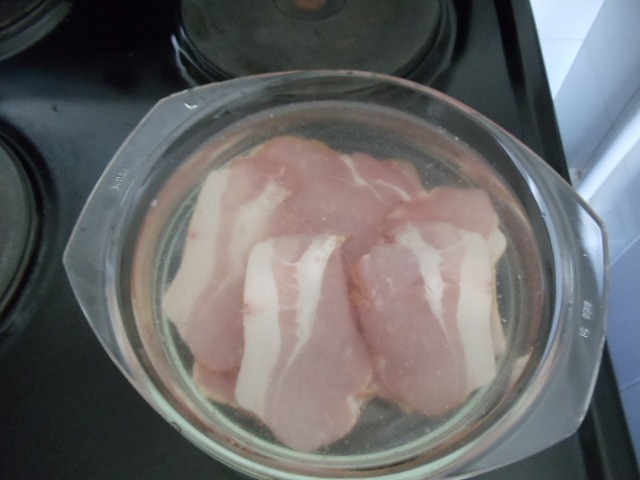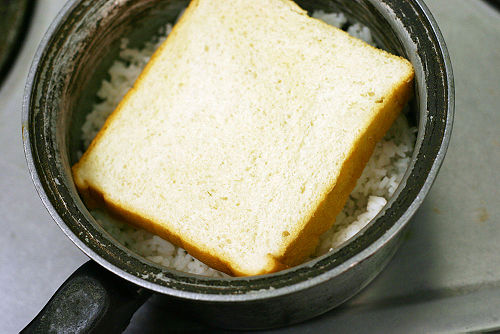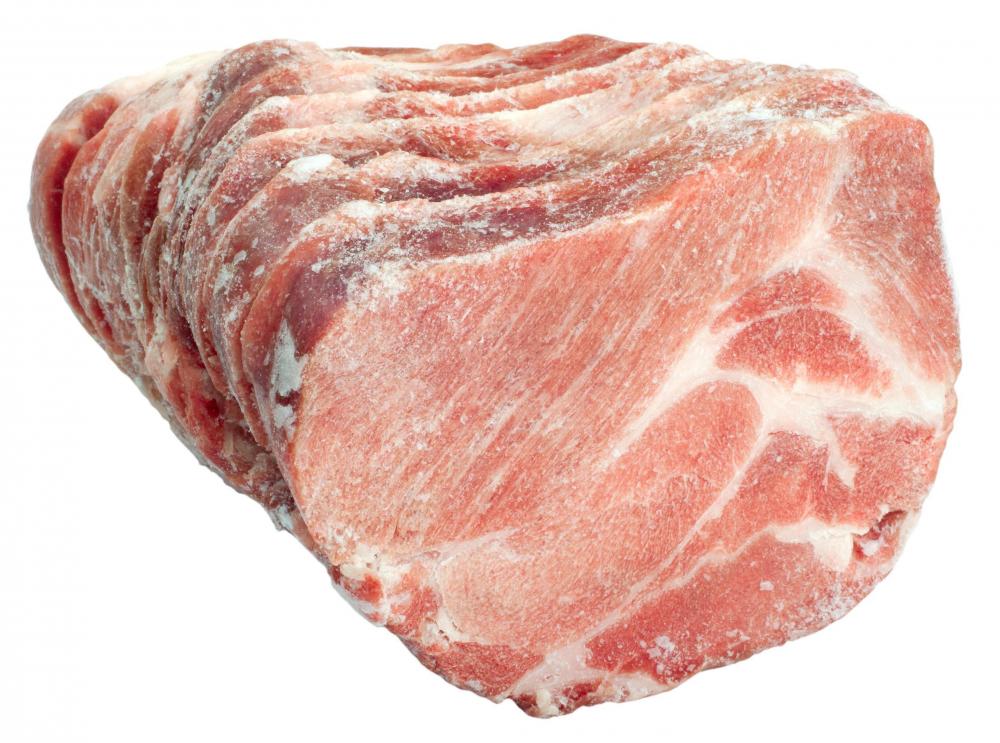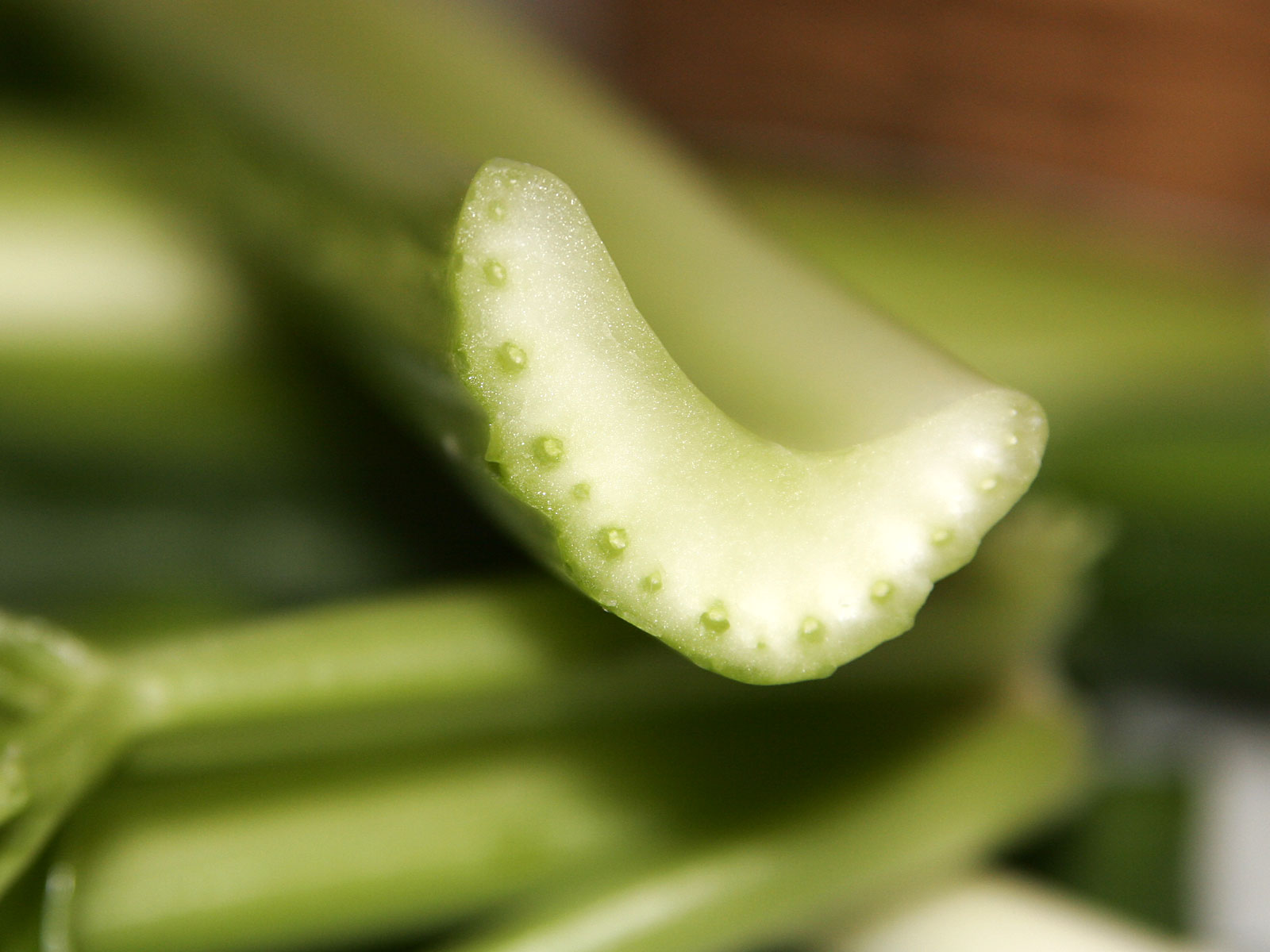Ten Helpful Cooking Tips You May Not Know
Some unorthodox but incredibly helpful kitchen and cooking tips.
Have you ever wondered if there was a way to salvage the flavour of burnt rice, how to test if an egg is still fresh, how to prevent cheese from going off, or bread from going stale?
Unorthodox but incredibly helpful kitchen and cooking tips are a great way to make the cooking experience much quicker and easier, and can be employed in your everyday cooking routine.
Here are ten of the most helpful cooking tips that you may not know, but should.
1. Make Garlic Easier to Peel
How? By microwaving it for 20 seconds.
Zapping garlic in the microwave for a short amount of time is believed to heat the water in the garlic and cause the cells to rupture thus breaking the bond between skin and flesh and causing the skin to slip straight off. It is thought to make the garlic slightly less pungent but apparently doesn't alter it's flavour or texture.
2. Keep Delicate Dishes Warm
How? By placing the saucepan on top of a fry pan.
Whilst placing a saucepan over a stove on low may suffice for some dishes, delicate sauces or mashed potatoes can easily be burnt and ruin a perfectly good meal. A great trick is to put a cast-iron skillet over a low flame and then place the saucepan on top of this to ensure the heat is evenly spread throughout the meal.
3. Absorb Excess Fat from Soup
How? By placing a lettuce leaf on top of it.
Placing a lettuce leaf on the surface of a soup is an organic and effective way to defat the liquid, and it is a much easier and cheaper alternative than using gravy separators. The leaf can then easily be thrown away it has absorbed the unwanted fat.
4. Test the Freshness of an Egg
How? By placing it in cold water.
You can determine the age of an egg (while still encased in it's shell) through the amount of air in it's air pocket simply by placing it inside glass or bowl of cold water and seeing if it floats. If the egg sinks it is fresh, if it tilts slightly up or moves to a semi-horizontal position it is about a week old, but if it moves to a vertical position or floats to the surface of the water it is stale. It's that easy!
5. Avoid Curdled Cream
How? By adding baking soda.
Have you ever wondered how the age old quandary of cream curdling when you place it over fruit can be avoided? Well wonder no longer, because the solution is as easy as adding a pinch of baking soda to the cream before serving.
6. Keep Cheese Longer
How? By wrapping it in a paper towel that's been moistened with vinegar.
To avoid losing your cheese to mould, all you have to do is place a paper towel that's been soaked in white wine vinegar at the bottom of an air-tight container and put the cheese on top then keep the container in the fridge.
7. Eradicate Bacon Curling
How? By soaking it in cold water before frying.
In order to avoid the dreaded bacon curling that occurs when frying it, soak it in cold water for two minutes before frying it and dry well with paper towel. If that doesn't work simply sprinkle some flour over it, and if you still have no luck then try poking some holes in it.
8. Remove the Bitter Taste of Burnt Rice
How? By placing a piece of white bread over it.
Burnt your rice? Never fear, because all you need to do is place a slice of white bread on top of the rice, close the lid and let it sit for 15 minutes, then vualah, take the bread out and enjoy your non-bitter tasting rice. The bread will apparently absorb the bitter flavour of the rice you burned and restored it's taste back to normal.
9. Tenderize Meat and Speed up Defrosting
How? By pouring vinegar over frozen meat.
If defrosting meat has always been one of those processes that has baffled you, make life easier for yourself just by adding some vinegar. Pouring a cup of vinegar over the frozen meat lowers it's freezing temperature, making it thaw more quickly, and the acid in the vinegar breaks down connective tissue to increase it's tenderness.
10. Prevent Bread from Going Stale
How? By adding a celery stick to the bread bag.
By simply adding a piece of celery to a sealed bread bag overnight, you can refresh your bread and make it taste as good as when you first bought it. The bread is supposed to absorb the humidity of the celery, but it's flavour shouldn't change due to the bland taste of the celery.
